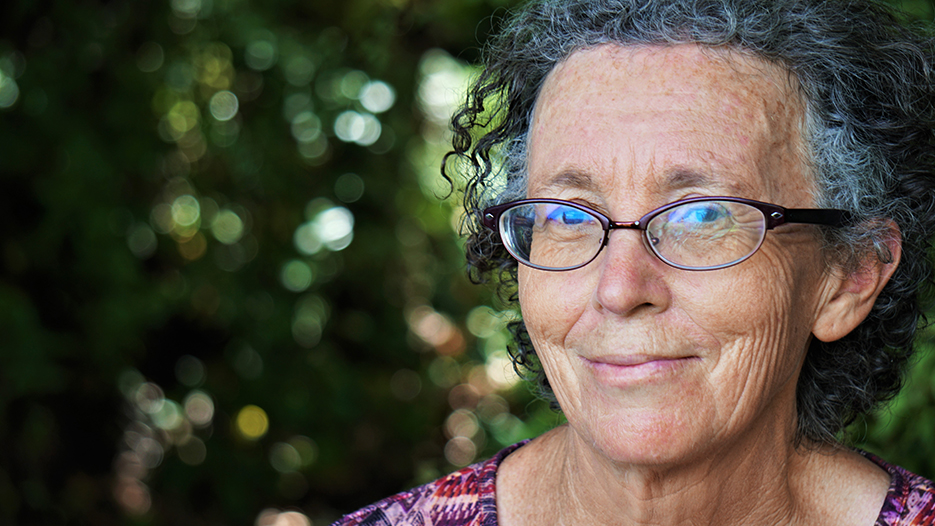This content is associated with The Open University's Psychology courses and qualifications.
Ageing isn’t easy and it is often made more difficult by a society that values its citizens in terms of their economic contribution. Retirement can bring with it a sense of personal loss of the reputation, status and income associated with employment. It may also be accompanied by society’s loss of interest in the opinions of its oldest citizens. A key milestone of passing 65 is that most opinion polls that pop into the email inbox offer a single demographic age category of 65+. This essentially implies that the opinions of an 85-year-old will be the same as a 65-year-old and, perhaps more importantly, pollsters are not interested in how opinions differ across what could be a 40-year age gap. The same pollsters are very keen, though, to know the difference in opinion between a 30-year-old and a 40-year-old.
This aggregation of polling data has had political consequences. Older citizens were blamed for the vote to leave the European Union in 2016. Polling data did show that over 65s were more likely to vote to leave. However, when time and effort is taken to look further into the data, there is evidence that our oldest citizens (those aged over 75 years) were more likely to want to stay in the EU because their life experiences of post-World War II led to recognition of the peace-making role of the union. These opinions and voting trends are hidden, though, through the way our polling and opinion data is organised.
Older citizens whose views have been largely hidden or ignored are part of a cohort known as the Silent Generation. Aged now between 75 and 93 years old, these citizens remember World War II and its aftermath, and will have lived through experiences that include sheltering from bombing, deprivation, rationing, and queueing for food. They are described as the Silent Generation in the UK because they tend to be reluctant to talk about their early childhood experiences and have quietly been involved in rebuilding society after the war. They have grown up with ties to Europe becoming stronger and often recognise those benefits.

Conducting interviews with members of the Silent Generation shows they are anything but silent. They are actively engaged politically either within their own communities or more widely in society. The referendum outcome in 2016 led some of them to go on their first protest marches against the decision. They are politically engaged and active and feel a strong sense of obligation to keep up the effort to make the world a better place for their grandchildren. Importantly, they are resistant to nostalgic rhetoric that has been typically used by politicians to persuade that we can return to a fictional golden past, a past that they experienced and remember. As one citizen said about those who claim we need to return to Britain’s glorious past, ‘they didn’t live through it’.
As the research progresses, it is clear that citizenship and political engagement is lifelong. Just because official information gatherers do not recognise the value of the opinions of our oldest citizens does not mean their voices should be silenced. They have important things to say, and we should be listening.






Rate and Review
Rate this article
Review this article
Log into OpenLearn to leave reviews and join in the conversation.
Article reviews